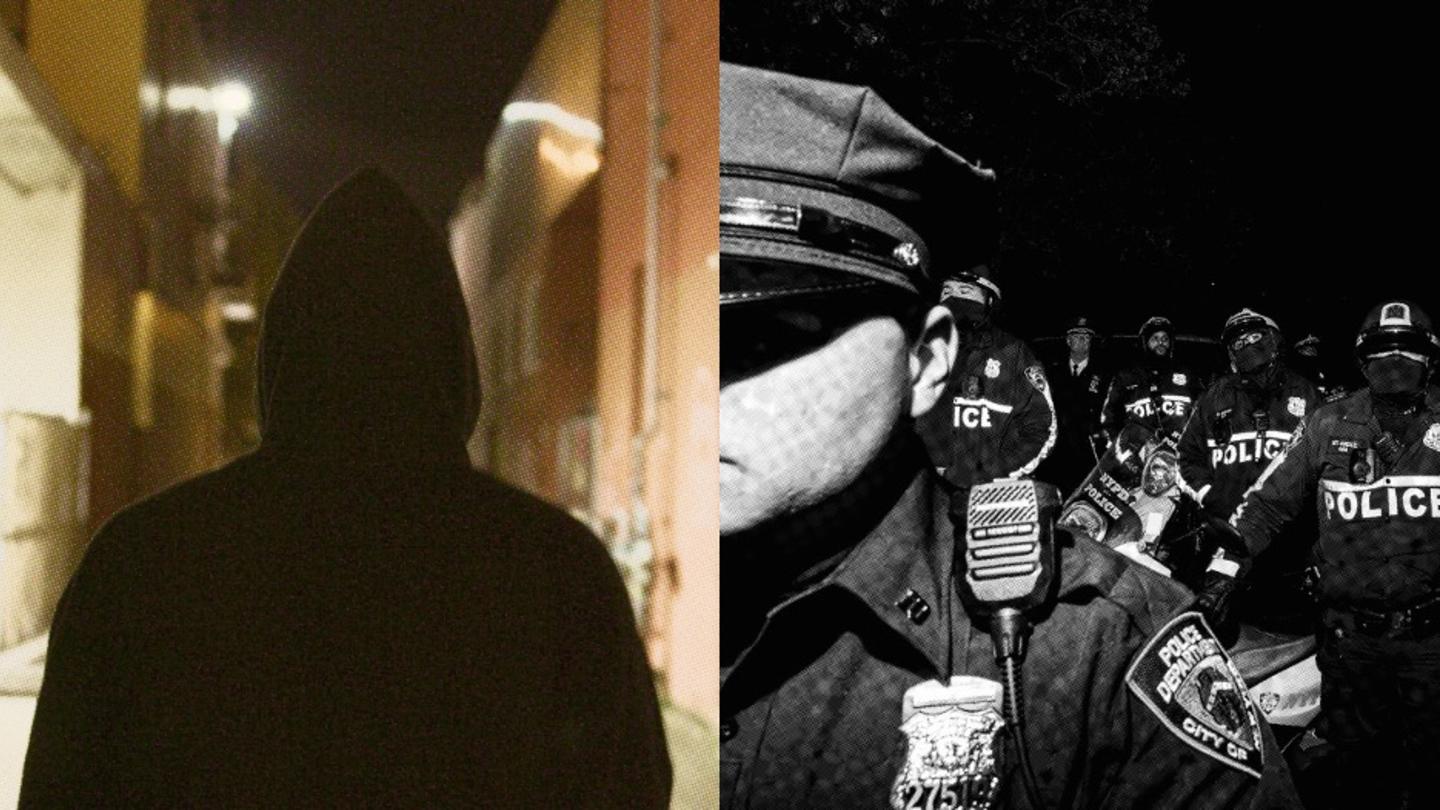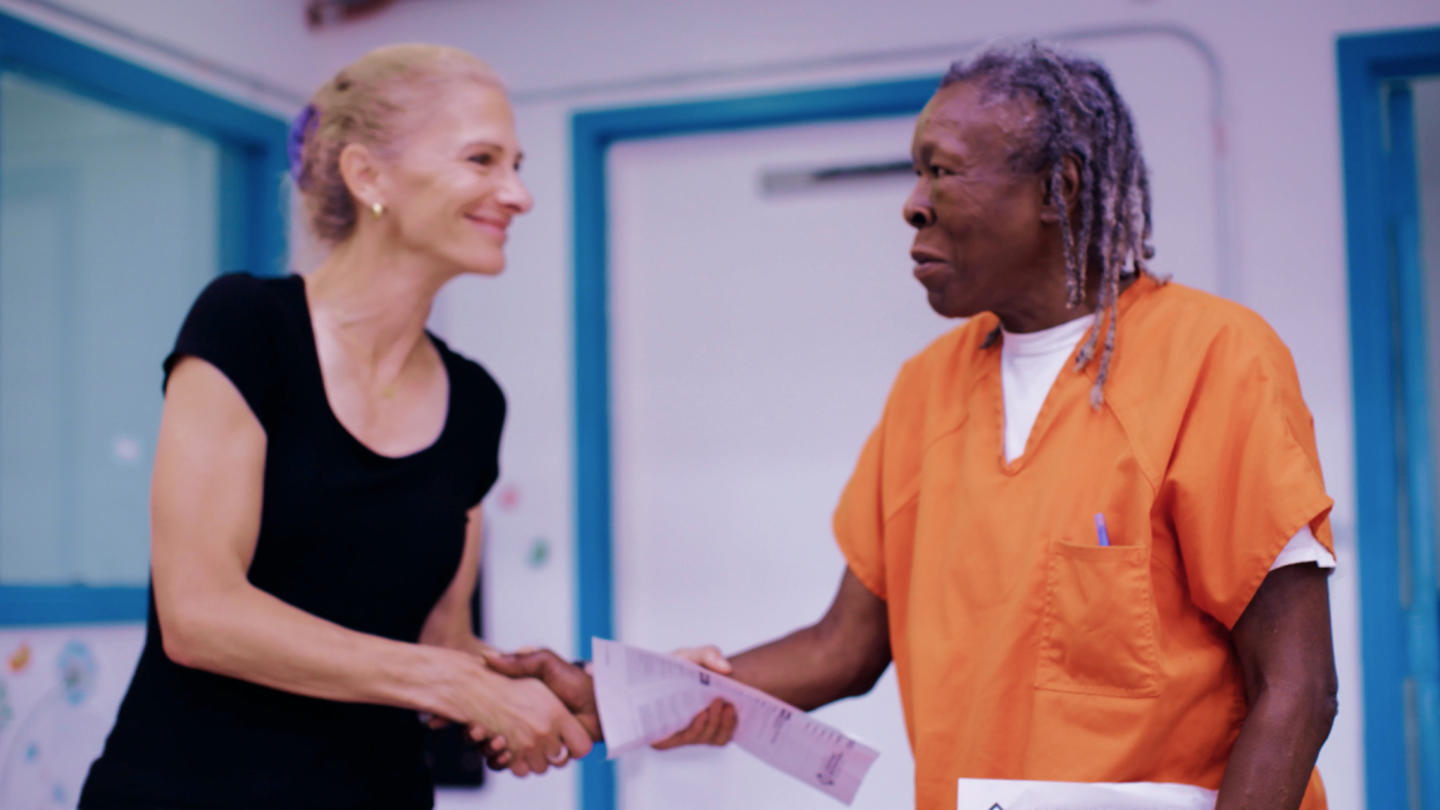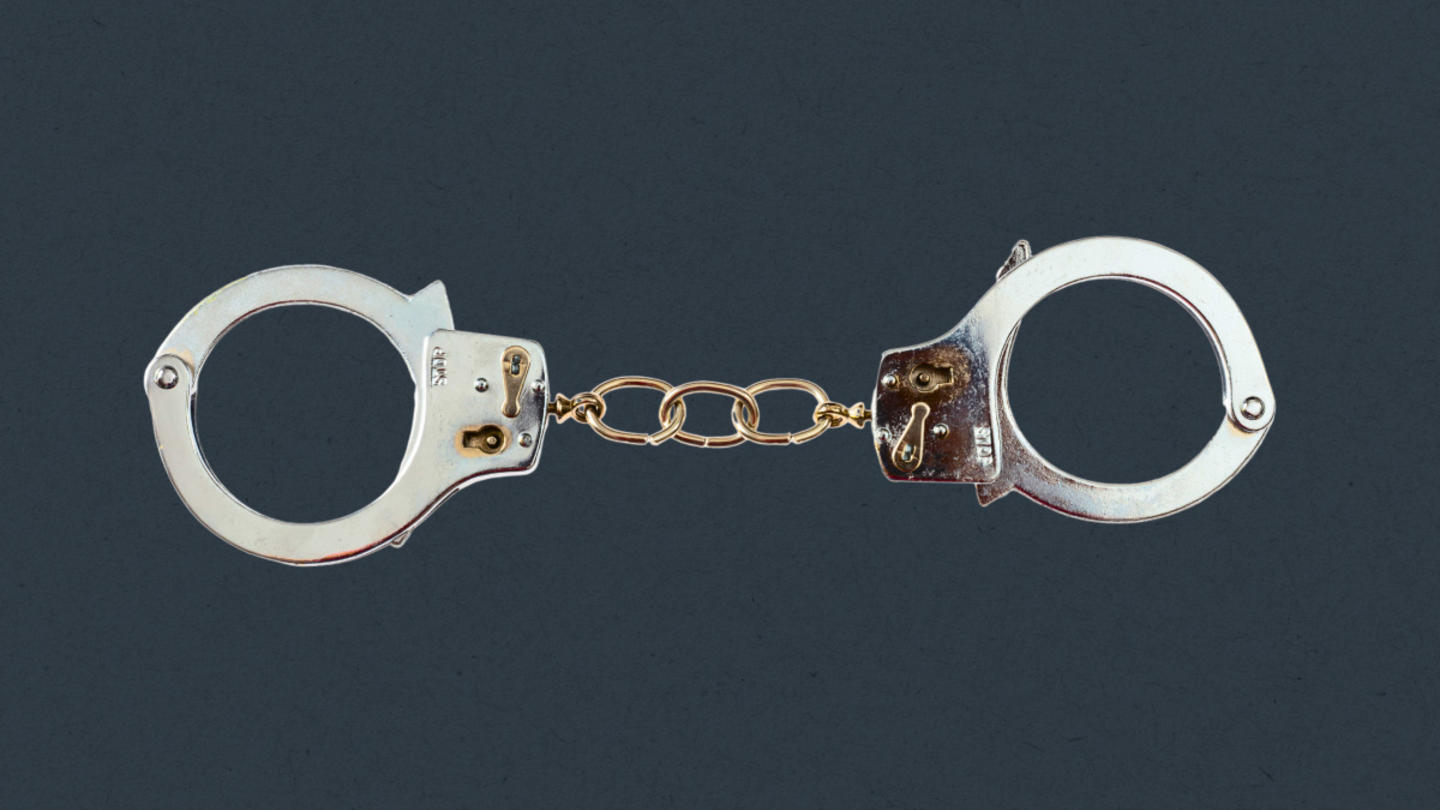This article was originally published by Stand Together Trust.
It's a troubling fact: There are significantly more people in prison in the United States than in any other country. Close to 2 million people are in prisons in the U.S., costing taxpayers about $80 billion per year. The U.S. recidivism rate – the number of people who reoffend and return to prison – is one of the highest in the world, too.
Each year, roughly 700,000 prisoners are released. Additionally, over time approximately 95% of all prisoners will reenter society at some point. Therefore, it's imperative to make prisons more rehabilitative to lower the recidivism rate and assist those returning to their communities to be contributing members of society.
Warden Exchange, launched by Prison Fellowship – a grantee of Stand Together Trust – understands this. Warden Exchange is an immersive, highly engaging, transformational leadership program focusing the influence of corrections leaders on the "moral rehabilitation of the prisoners under their charge." The program aims to transform the prison system so that the likelihood of repeat offending decreases, ultimately improving public safety and opportunities for people to contribute meaningfully to their communities once released.
The growing task of prison wardens
A growing prison population comes with more opportunities for violence behind bars, and wardens today struggle to maintain secure facilities with limited correctional staff and overpopulated prisons.
A core purpose of prisons is to hold people who commit crimes accountable and to keep communities safe. However, prison time should be more than just punishment for a crime committed. Overly punitive prison conditions only prevent people from being rehabilitated and returning home as contributing members to their communities.
"America is also dealing with a system that often sends people back into communities with little to no resources or skills to become productive citizens," says Warden Exchange Program Director Kerensa Lockwood, Ph.D. "That's why Prison Fellowship started the program -- because transforming prison cultures has positive effects not just on those behind bars, but on their communities as well."
The nine-month leadership program equips wardens and other correctional leaders with the best practices for creating safer and more rehabilitative prisons. Participants engage in weekly online video discussions about transformational leadership with CEOs, Navy Seal Commanders, top corrections experts, and researchers from universities such as Stanford, Harvard, and the University of Virginia.
There are three in-person residencies, hosted in different parts of the country, that engage wardens in hands-on exercises on topics like dynamic security, vision plans, and creating transformational pathways for safer prisons.
"The Warden Exchange gives us the tools and the foundation that we need to help rehabilitate," says Erin Reyes, superintendent at Two Rivers Correctional Institution in Oregon. "We need to make sure we have given people the tools necessary to be successful as they reenter the communities. They're going to be our neighbors, they're going to be working next to us, they're going to be our coworkers. They're going to be the next in line behind us at the grocery store. We want to make sure these adults in custody release as citizens that are productive to our community."
By the end of the program, wardens have received the resources and coaching needed to create a three-to-five-year plan to systematically transform their prisons -- and by extension, create safer communities.
Transforming a leader, a prison, and a community
Chris Hendry, warden of Martin Correctional Institution in Indiantown, Florida, attended Warden Exchange in 2015, just one year after the program launched.
Facing issues of cleanliness, violence, and low staff morale at his facility, Hendry started his prison transformation with a focus on his staff.
"He created a motto: 'One team. One unit. One family. We are Martin C.I,'" explains the Warden Exchange blog. "Among other changes, he also began introducing new language into the vocabulary of prison staff. 'Please' and 'thank you' were to be used when corrections staff would ask a prisoner to do something."
The result was a more orderly prison, with one prisoner stating that he felt seen as a human being first, not just a criminal. And when people feel their own dignity, they're more likely to acknowledge the dignity of others.
Hendry's experience was so pivotal to his career that he later became the national director of Warden Exchange.
On the other side of the country, William Muniz, warden at Salinas Valley State Prison in California, also saw how dignity plays a critical role in transforming a prison into a place of rehabilitation. From the Warden Exchange program, Muniz received inspiration to empower his inmates to host fundraisers from prison to give back to the community.
The inmates sell food that isn't often available in prison, like candy and fried chicken. In one instance, they raised almost $5,000 for a children's playground.
Inmate and military veteran Tim Brown told KSBW news in Soledad, California, that "doing something positive for Salinas [Valley residents] made a group of incarcerated veterans feel good."
"We figure, we've taken a lot," Brown said. "All of our crimes have taken away from people and the people that lose most are the children. So we are going to give back to the children."
That's the crux of effective rehabilitation programming in prison -- aiding individuals to see that, although their crimes hurt the community, they can right a wrong and and give back to society in a meaningful way.
Prison Fellowship is supported by Stand Together Trust, which provides funding and strategic capabilities to innovators, scholars, and social entrepreneurs to develop new and better ways to tackle America’s biggest problems.
Learn more about Stand Together’s criminal justice efforts and explore ways you can partner with us.




